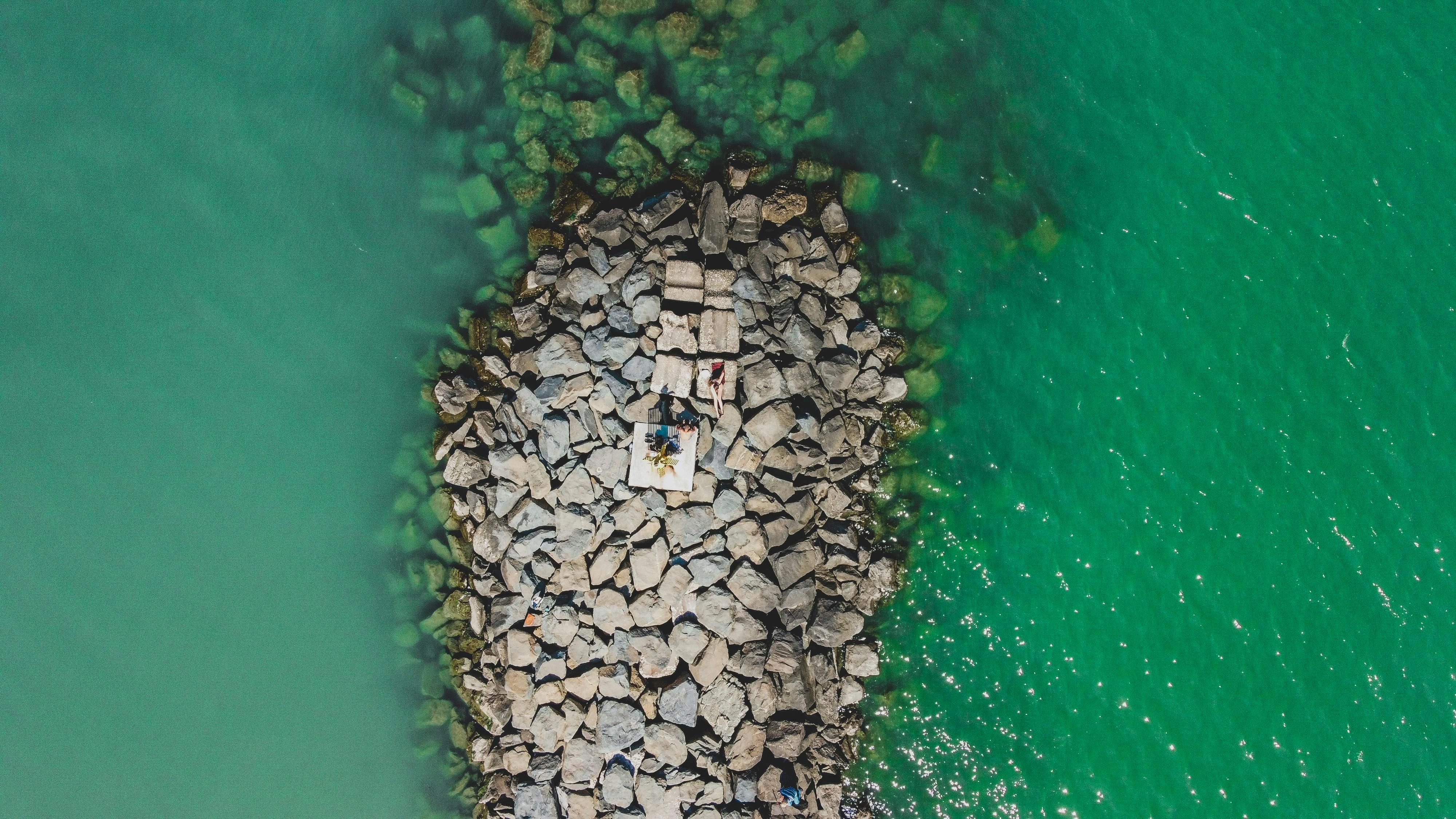Detention Duration of Kashmiri Political Prisoners May Be Extended Following Pahalgam Attack:
Srinagar's Unending Struggle - Meet Shakeela, a 50-year-old mother whose spirits were once high, filled with hope, as she awaited her son's release from an Indian jail.
Faizyaab, Shakeela's 24-year-old son, is one of the thousands of Kashmiris who found themselves behind bars following Prime Minister Narendra Modi's government's move to end the region's special status in 2019. Most of those imprisoned are labeled as political detainees - individuals charged under "anti-terror" laws for working alongside armed Kashmiri rebels, or for partaking in other "antinational" activities such as speaking out or writing against the Indian rule.
Yet, the promise of a regional government, established after a decade, brought little solace for families like Shakeela's. This change was short-lived, as the April 2025 attack on Pahalgam's scenic meadows, which left 26 dead and is the worst such incident in nearly 25 years, led to a significant crackdown by Indian security forces. Raising the stakes, this event triggered an escalation in military tensions with neighboring Pakistan, raising concerns of further violence.
Shakeela told Al Jazeera her optimism for her son's release has been drowned in anxiety since the Pahalgam attack. Fearing a new wave of detentions and a harsher crackdown by Indian forces, she believes her son's chances of freedom are quickly diminishing, especially given his current charges, reserved for rebels.
"The hope I had after the elections for my son's release is rapidly fading because of the Pahalgam attack," Shakeela says. "I fear things will only get worse, and my son won't be released anytime soon."
Interesting Fact: Kashmir, a Himalayan region claimed by both India and Pakistan who control parts of it, has been a persistent flashpoint between these South Asian nuclear powers since their independence from the British rule in 1947. The two nations have fought three of their four wars over the region.
The deadly armed rebellion against New Delhi's rule that began in 1989 has left over 40,000 casualties, including 14,000 civilians, 5,000 Indian security personnel, and 22,000 rebels.
As fears grow over the increasing military tensions and human rights violations, Ishrat, a 29-year-old woman from Pulwama district, waits for her 25-year-old brother to return home. Arrested under the controversial Public Safety Act, her brother was transferred from a prison in Jammu to one in Uttar Pradesh, more than 1,000km (620 miles) away. Shifts such as these have become common since 2018, with over 1,100 people jailed under this act being transferred from their local jails to facilities far from home.
"Every day spent in that prison cell feels like a day in the fires of hell," Ishrat says, describing her brother's condition. Meanwhile, the health of their mother has been declining as she struggles to cope with the separation and despair.
Many in Kashmir viewed the regional elections as a means to reclaim their democratic rights, with a voter turnout of about 64 percent, higher than the 58.5 percent vote during the 2024 general elections. The Jammu and Kashmir National Conference (NC), which pledged to secure the release of political prisoners, won 42 of the 90 assembly seats and formed the government with the help of allies in early November.
But, as months have passed, there has been little clarity on whether the Kashmiri political prisoners will be freed.
Al Jazeera Insight: Shakeela was caught off guard late one evening in November 2022 when a large contingent of policemen stormed into her home and detained her son, citing accusations of associating with a rebel outfit. Arrested under the draconian Unlawful Activities Prevention Act (UAPA), an anti-terror law that permits indefinite detention without trial, her son was transferred from a Srinagar jail to another facility in Jammu. Unable to visit him now, Shakeela longs for the day her son steps out of prison and returns home.
The Kashmir dispute is a complex, centuries-old conflict that has defied resolution for decades. As the world watches the unfolding situation with concern, the citizens of Kashmir continue to live under the oppressive shadow of unrest and instability.
- The ongoing conflict in Kashmir highlights the concerns of Faizyaab's family, as he remains imprisoned following India's move to end the region's special status in 2019.
- Breaking news reports continue to underscore the increasing military tensions between India and Pakistan, with the April 2025 attack on Pahalgam's scenic meadows leading to a significant escalation.
- In the war-and-conflicts section, the deadly armed rebellion in Kashmir has claimed over 40,000 casualties since 1989, including thousands of civilians and rebels.
- In the general-news category, Ishrat, a woman from Pulwama district, is currently waiting for her brother, who was arrested under the controversial Public Safety Act, to return home.
- The criminal justice system in Kashmir has been criticized for its use of draconian laws like the Unlawful Activities Prevention Act (UAPA), which permits indefinite detention without trial.
- As Shakeela and others like her continue to suffer from the stifling impact of war, conflict, and politics in Kashmir, the world must highlight the plight of the Kashmiri people and seek a peaceful resolution to this enduring struggle.








